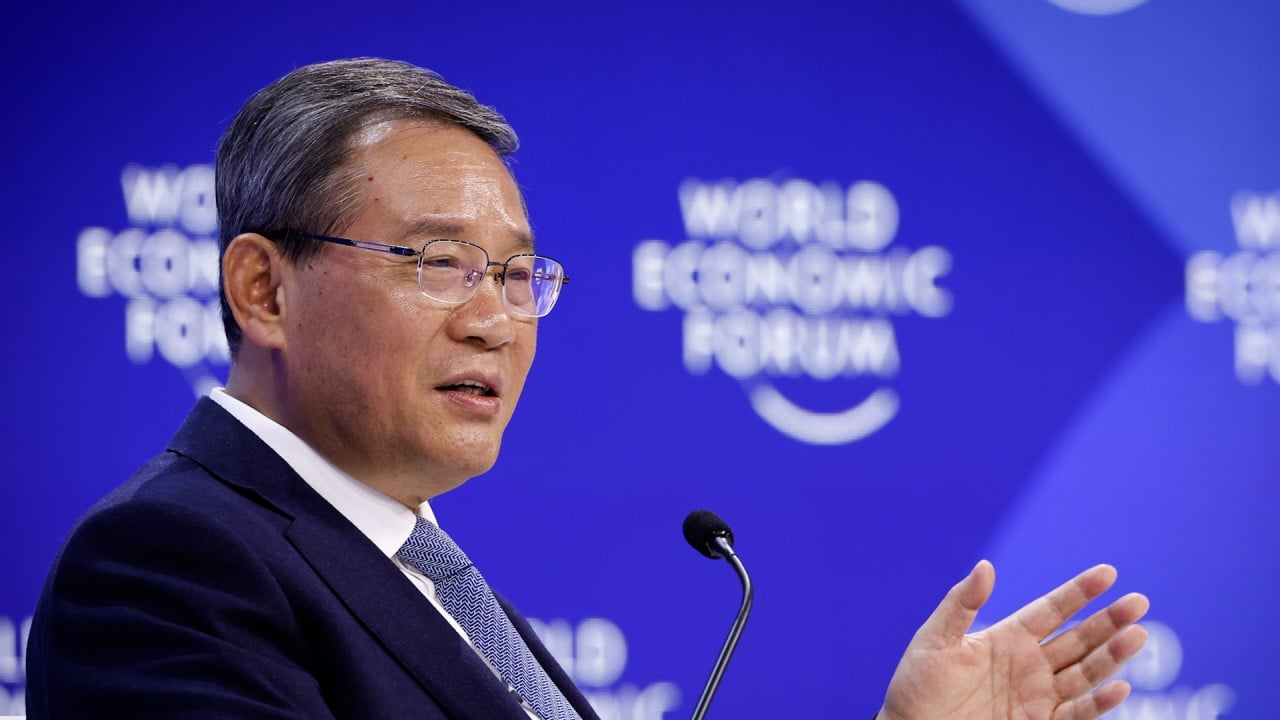
02 Mar China urged by foreign chambers of commerce to take firmer hand with private sector support
“European businesses look forward to a timeline detailing the full implementation of the remaining measures listed [in the package],” said Jens Eskelund, president of the EU Chamber of Commerce in China, who attended the round table on Wednesday.
Beijing said most of the 24 policies, including better intellectual property protection and tax incentives, had been enforced.
Fixed-asset investments by foreign firms rose a mere 0.6 per cent year on year in 2023, compared to 3.2 per cent for mainland Chinese firms, while foreign direct investment dropped 11.7 per cent year-on-year to 112.7 billion yuan in January.
The most recent survey by the British Chamber of Commerce in China also found its members were having a harder time doing business in 2023, with many treading water on investment into the country.
“Whilst many strides have been made to see the guidelines and goals put into policy, this didn’t necessarily translate into a return to confidence,” said the chamber in a statement.
China has to decide if it wants to be fully open to foreign business or not
Maximilian Butek, executive director of the German Chamber of Commerce in China, said the utmost priority would be real work to revitalise the Chinese economy, not just “window dressing.”
“This includes measures to build confidence among consumers and the private sector,” he said.
China’s foreign firms fear golden era over as Beijing aims to ‘solidify control’
China’s foreign firms fear golden era over as Beijing aims to ‘solidify control’
“China has to decide if it wants to be fully open to foreign business or not,” Butek said. “To increase confidence, signals and messages must be aligned.”
But for now, exiting China outright is an “unpopular choice” for Europe’s CEOs, according to a report from The Conference Board, an American think tank.
While two-thirds of Europe’s CEOs are planning supply chain changes in the near future, less than 2 per cent plan to exit China, the researchers found, adding the appetite for decoupling is “less popular” among Europe’s CEOs than peers in other surveyed regions.
“If you look at container movement, it’s 6.4 million containers going west to Europe [from China] but only 1.6 million coming back,” said Joerg Wuttke, former president of the EU Chamber, in a recent interview with Phoenix TV. “The ratio goes from 2.9:1 years ago to 3.7:1 or 3.8:1 now.”
With the two sessions fast approaching, hope springs eternal for Beijing to do more to reassure businesses.
Foreign chambers expressed guarded optimism in response.
“The 24-point guidelines saw issues regularly raised in British Chamber advocacy cemented in policy with a clear commitment to address them, followed by a broader Chinese government move to open communication channels, which attracted positivity from members,” said the British chamber.

